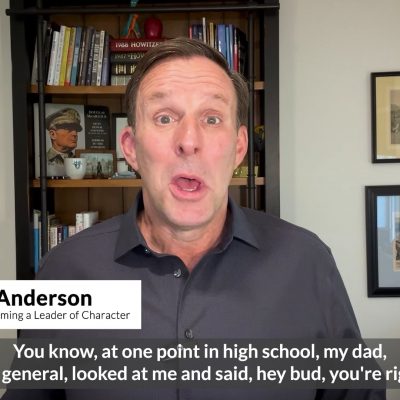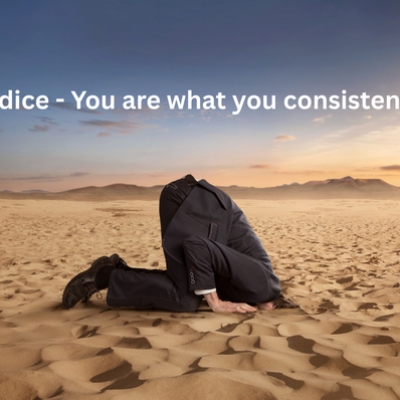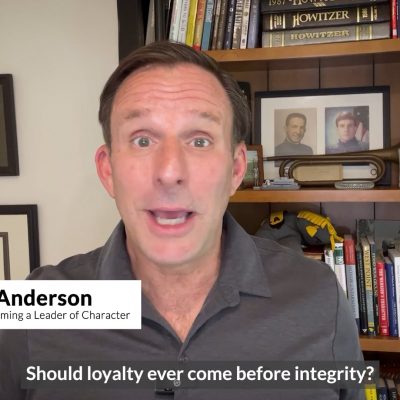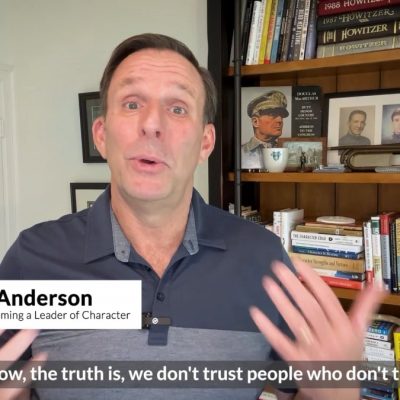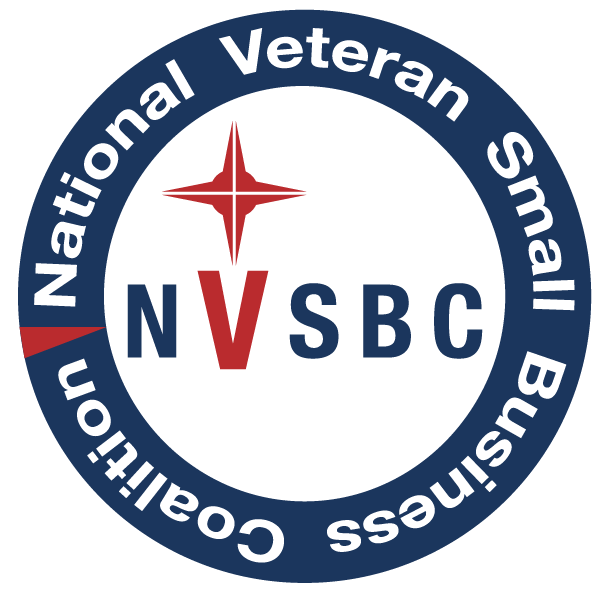Just because it is the way you learned it then, does not mean it is the right way today.
Recently, I heard a 15 year, law enforcement veteran state, “Well, nobody showed me how to do my job. That guy needs to just figure out the job himself.” My response was, “Just because nobody showed you how to do it does not mean it is the right way to lead. You have an opportunity to improve your squad by getting your young officer up to speed faster. If he learns to be less dependent on senior officers to make decisions for him, it will be for the good of everyone.”
The statement I heard is always a red flag for me. It is easy for experienced people to use this comment as an excuse for not stepping in or helping others to grow. When senior members feel like they do not need to help new members get up to speed, it means the culture needs a change.
Whether a senior employee is in a supervisory position or not, they are a leader. Their time with the organization combined with their experience means their influence can help the team or hurt the team.
Most leadership failures are actually character failures. At the core—these go back to two issues–fear and pride. A senior employee who falls back on this excuse, is likely dealing with a combination of both. They could fear a new hire will pass them by. Or, they may believe others must learn the hard way—like they did. But in both of these cases—the individual misses an opportunity to exercise Humility because they make “it all about me.”
Several years ago, I had a veteran team of sales people who initially felt the same way. Because, when they were new hires, the veterans rarely offered any advice to them. That attitude was passed on to the folks who were now our veterans. Now, they felt like the best way for rookies to learn was to be on their own.
I challenged this mindset. I believed the older generations must get over the fact nobody helped them and realize junior teammates were an opportunity. We had a choice to find a better way to lead than the people who were supposed to have led them.
As a result, we began cross-training across the generations. This created mentoring opportunities and strengthened relationships. The veterans soon took ownership of junior employees and even admitted pride when the younger members found success.
It was encouraging to see their pride shift from how difficult it was for themselves in the past, to being proud of how they made it easier for others to learn now. They had made it “not about me” and built a stronger, higher performing and more connected team. They put aside their own pride and realized the old way was not the best way.
No matter what industry I coach, the older generations in each institution tend to complain about the younger generations’ desire for more direction. Yet, when we unpack the desire for growth and development, you realize, just because that is the way you learned it then, does not mean it is the right way today.
A team with veterans who exercise Humility to help the new employees get up to speed faster, will solve more problems, move faster and be the “go to” team within an organization. It begins with veterans who believe and act like “it’s not about me.”
- Dig Deep Questions:
- Who on your team needs your advice or mentoring?
- How can you influence the veterans on your team to help the newer generations?
It is important to us for you to have an opportunity to exercise Humility, not only individually, but together as a team. This is why we have created practice cards with scenarios. We invite you to discuss as a team what it means to exercise Humility via our Coaching Cards.
Download our FREE Postcards here: https://www.becomingaleaderofcharacter.com/tools-resources


